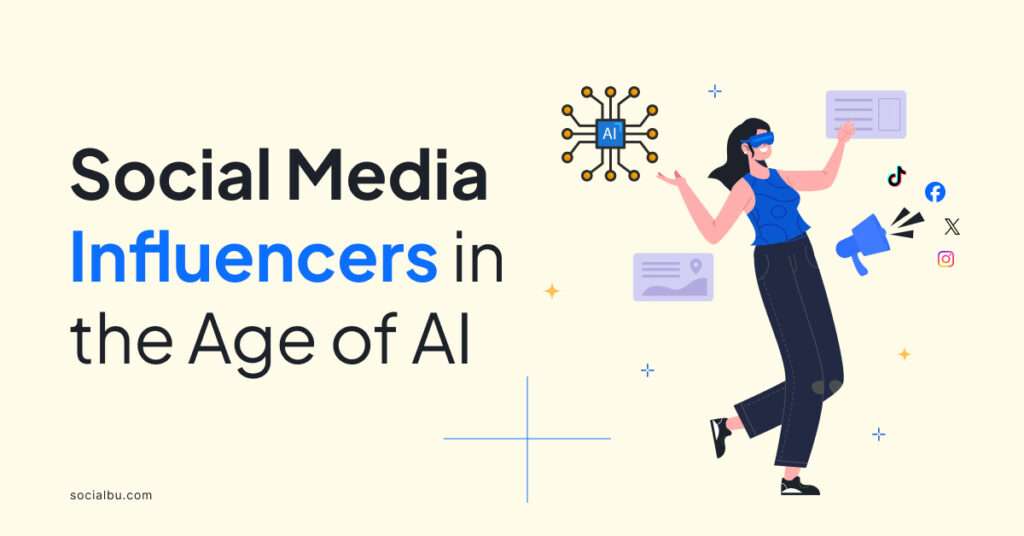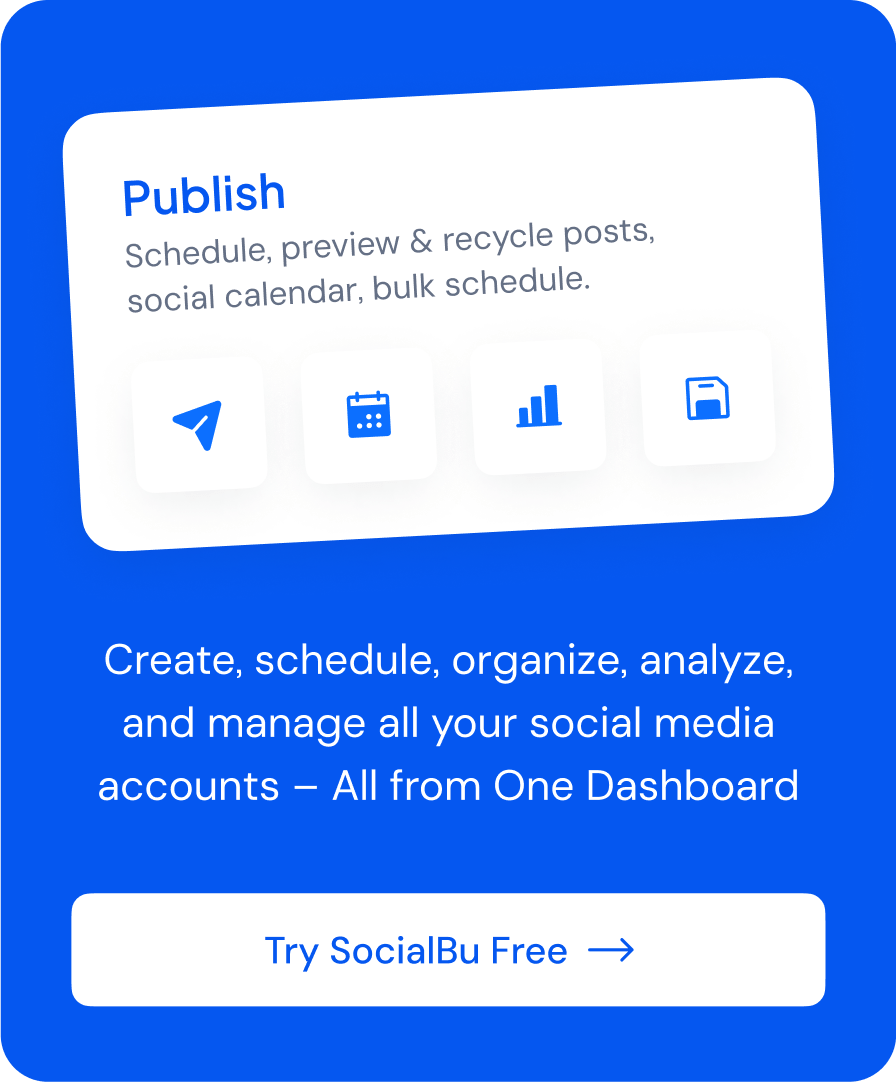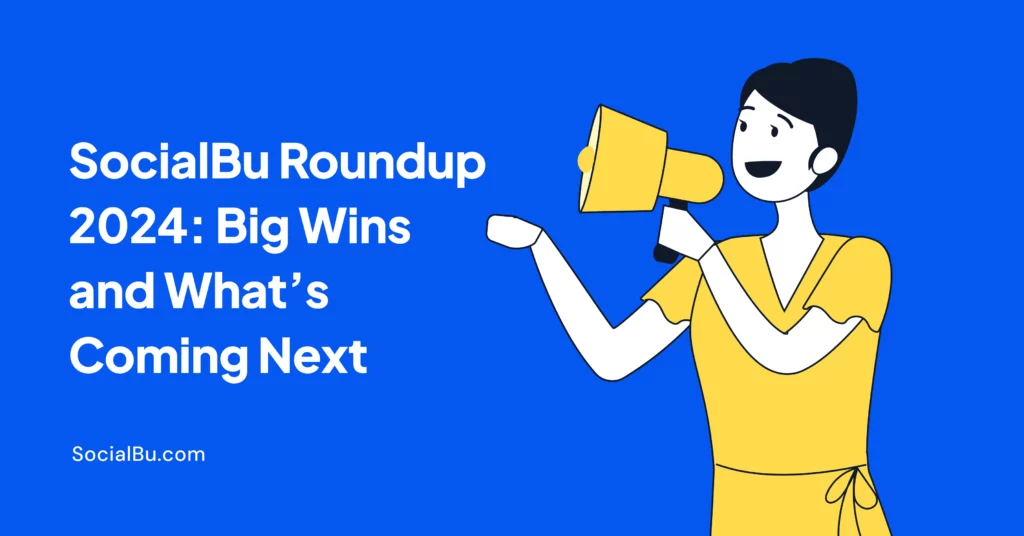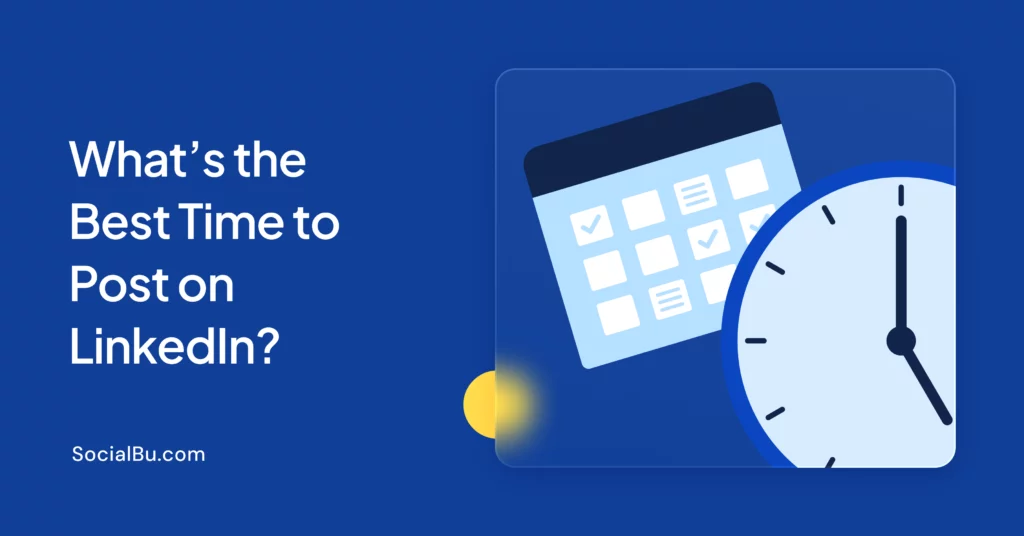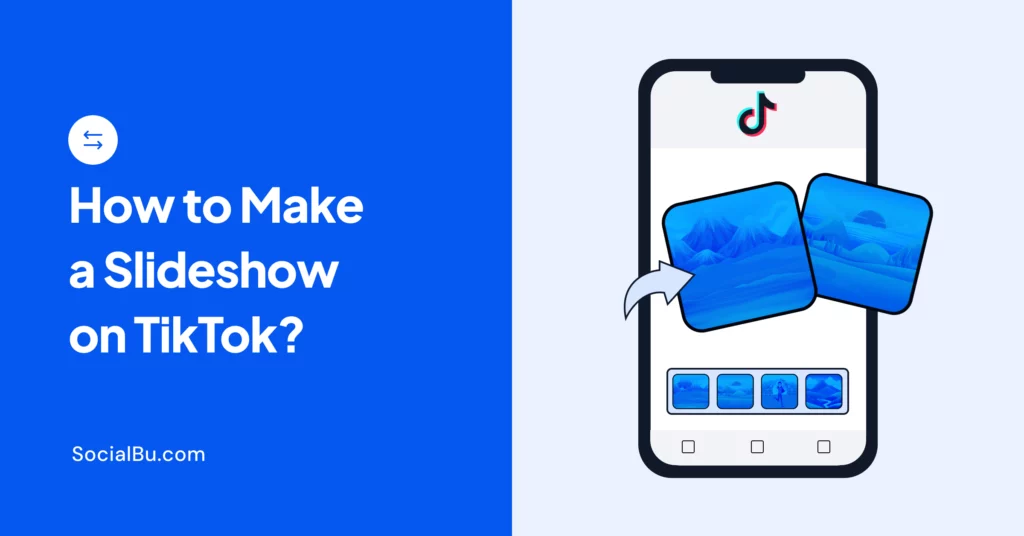In the ever-evolving landscape, the domain of social media influencers is transforming. It is now propelled by the relentless march of Artificial Intelligence (AI).
In this blog, we’ll explore the dynamic intersection of human influence and machine intelligence. Let’s delve into how AI is reshaping the future of social media influencers.
Platforms like Facebook, Instagram, and TikTok have been at the forefront of integrating AI technologies to enhance user experience, tailor content delivery, and streamline content creation.
As these platforms evolve, the role of social media influencers is undergoing significant transformation. To further elevate these platforms, you can generate content using AI tools.
AI’s Role in Social Media Platforms
AI technologies work behind the scenes on platforms such as Facebook, Instagram, and TikTok. With it, you can analyze vast amounts of data, learning from user interactions.
It helps to personalize the content feed, suggest connections, and optimize ad placements.
Because, at the end of the day, artificial intelligence is very similar to human intelligence.
For instance, Instagram uses AI to detect patterns in user behavior, helping to suggest more relevant content in the Explore tab or stories feed through learning these patterns.
Similarly, TikTok’s algorithm is known for its uncanny ability to hook users with highly engaging content.
TikTok relies on AI to analyze video interactions, watch times, and user preferences to predict and serve content that keeps users scrolling.
Facebook, now part of Meta, has been leveraging AI for various purposes, from content moderation to enhancing the relevancy of the News Feed.
“Our goal is to make sure the time people spend on Facebook is well spent,” stated a Facebook spokesperson, emphasizing the role of AI in improving content quality and relevancy.
Impact on Influencers: The Double-Edged Sword
As AI continues evolving, social media influencers face unprecedented opportunities and challenges.
Positive Impacts
- Enhanced Content Personalization: AI has the ability to analyze audience preferences in real-time. It means influencers can receive immediate feedback on their content’s performance. This allows them to tailor their posts to suit their audience’s tastes better.
- Efficiency in Content Creation: Tools powered by AI can assist in content creation, from generating ideas to optimizing post timings. This can lead to higher engagement rates and more effective audience growth strategies.
- Targeted Reach: AI-driven algorithms enable influencers to reach a more targeted audience. It ensures their content is seen by users most likely to engage with it, thereby increasing the effectiveness of sponsored content and collaborations.
Negative Impacts
- Algorithm Dependence: The reliance on platform algorithms can be a double-edged sword. Changes in the algorithm can significantly affect an influencer’s visibility and engagement, sometimes negatively, without warning.
- Authenticity Concerns: As AI tools become more sophisticated in content creation, distinguishing between human-generated and AI-generated content may become challenging. This potentially dilutes the authenticity that is central to an influencer’s appeal.
- Privacy and Ethical Concerns: The extensive data collection and analysis necessary for AI to function raises privacy and ethical questions. This potentially impacts the trust between influencers and their followers.
Platform Updates and Influencer Strategies
In response to the evolving digital landscape, social media giants have been updating their platforms and algorithms to keep up with the demands of users and creators alike.
Instagram, for example, has introduced features like Reels and algorithmic adjustments to favor original content, encouraging influencers to be more creative and authentic.
TikTok’s spokesperson highlighted, “Our aim is to create a platform that inspires creativity and brings joy to our users. The algorithm is designed to surface content that resonates with users’ interests and engagement patterns.”
As AI technologies become more integrated into social media platforms, influencers must adapt to these changes by leveraging AI tools to enhance their content’s appeal and engagement.
Understanding and adapting to algorithm changes, embracing AI-driven analytics for audience insights, and maintaining authenticity in the age of automated content will be crucial for influencers aiming to stay ahead in the game.
Final Verdict
In conclusion, AI’s impact on social media influencers is profound, offering both opportunities for growth and challenges to overcome.
As social media platforms continue to evolve, influencers will need to navigate the complexities of AI integration, balancing algorithmic trends with the human touch that makes social media so uniquely compelling.
